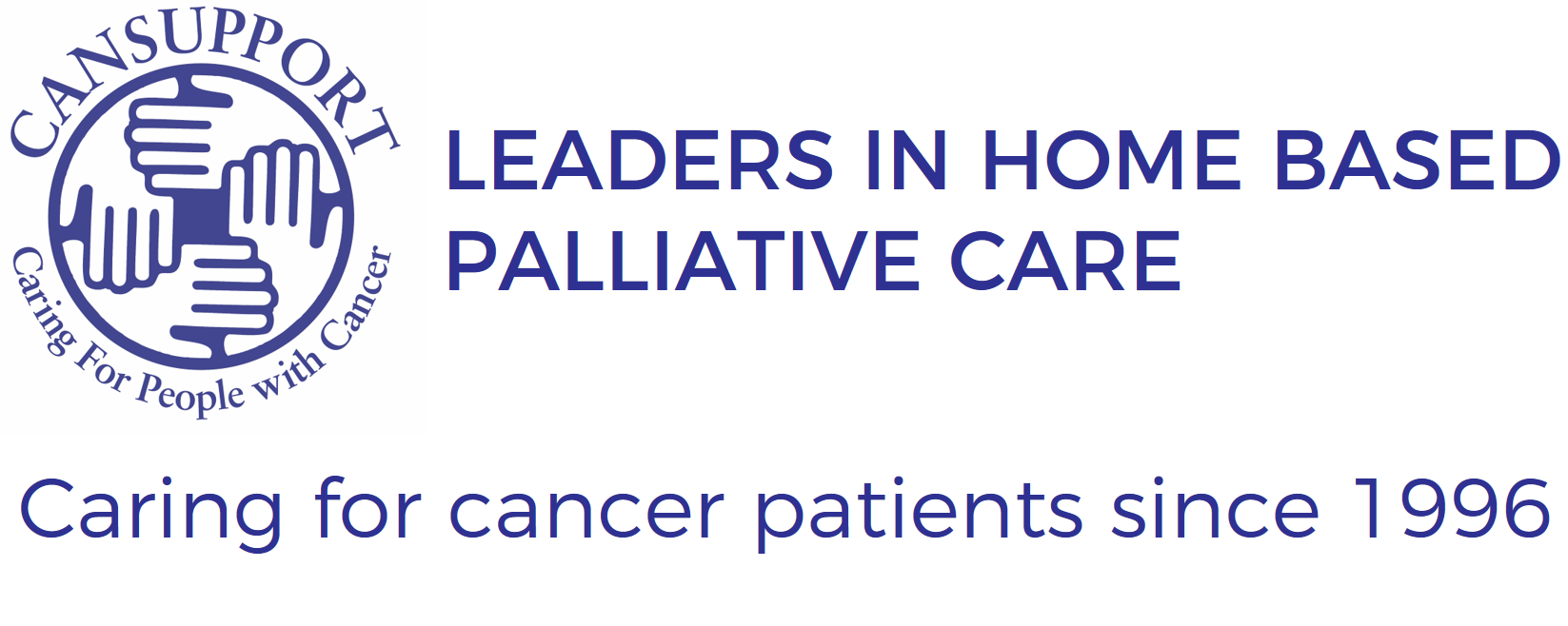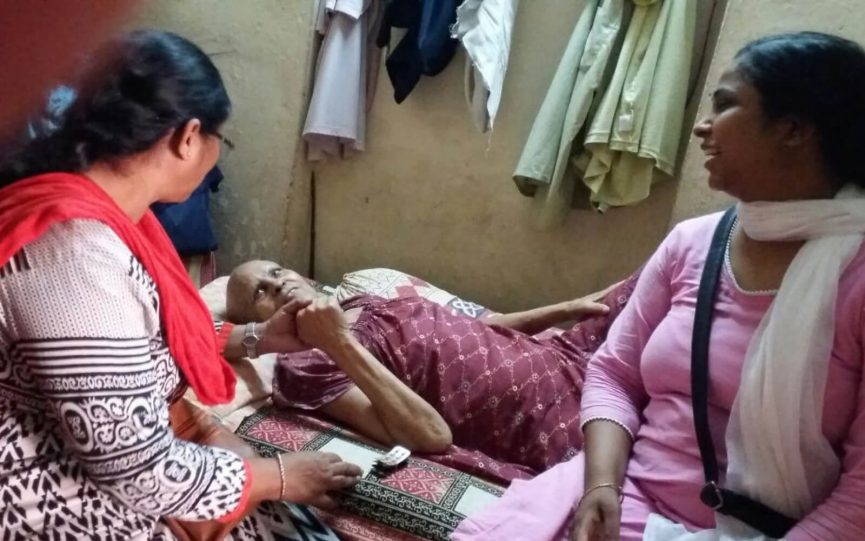As a cancer survivor, I realized early on that while medical professionals could ease my physical discomfort, they had very little to offer me when it came to psychosocial and spiritual distress. Frankly, they were uncomfortable with something that they could neither quantify nor write a prescription for. It was this that drove me, on my return to New Delhi from Canada, where I had my treatment, to start the first peer-based emotional support group and, a decade later, in 1996, CanSupport.
Different from the start
From its inception, CanSupport forged a different path from that of other palliative care programs in India that, by and large, were started by physicians with a medical focus. In keeping with our priorities, our first recruits were a nurse and a counsellor. The fact that both were religious sisters was incidental. What mattered was that Sister Agnes Panikulam was an experienced counsellor and trainer, while Sister Leonarda Lakra was a qualified nurse. Their suitability was enhanced by their personal qualities and secular outlook.
Counselling gets to the heart of how to cope
The effect we had on patients and their families, as we made home visits in those early days, reinforced our belief that the counsellor was an essential part of the home care team. Listening to patients, comforting them, sharing their deepest fears, befriending their families and preparing everyone for what lies ahead is what really helps people cope. Today, CanSupport has care teams in the national capital and in four states of India.
Pain relief unmasks strengths
It is not as if medical and nursing needs are given short shrift. Far from it.
If you are in pain and in extreme discomfort you cannot focus on anything else. Once the body is stilled, only then can the inexhaustible resources of the human imagination and spirit be harnessed for healing mind, body, and spirit. What was regarded as an ending now looks like a beginning. There is a lesson to be learned and often teachers are found in the most unexpected places. The joy that a sick child can still find in a toy, in play, in creative activity, and — above all — in a loving human contact is instructive for all. We as caretakers are as much on a learning curve as those with whom we journey.
Time builds trust
Finally, our counselling service is about being able to talk openly without preconditions and without fear of judgment. For this we must build relationships of trust. Our regret is that we still get many patients too late to be able to do this satisfactorily. In a situation where palliative care is yet to be fully understood, and where even medical professionals see it as the last resort, it is a challenge to effect timely intervention.
That is why CanSupport holds education and training programs for professionals, and strives to raise awareness about palliative care among influencers and the lay public. We hope that they will become our advocates.
Courage and hope, love and service
But it is the thousands of people we have cared for who will always be the most authentic witnesses of the value of our work. To quote the spouse of a patient cared for by CanSupport: ‘My wife had lung cancer that had spread to her bones. CanSupport gave us the courage as a family to hold on to hope in the face of great suffering. Their spirit of selfless love and service inspired us.’
At CanSupport we help people discover their inherent ability to become greater than the suffering they face.
Ms. Harmala Gupta is a member of the IAHPC Board of Directors. Article was published in IAHPC Newsletter, May 2019
